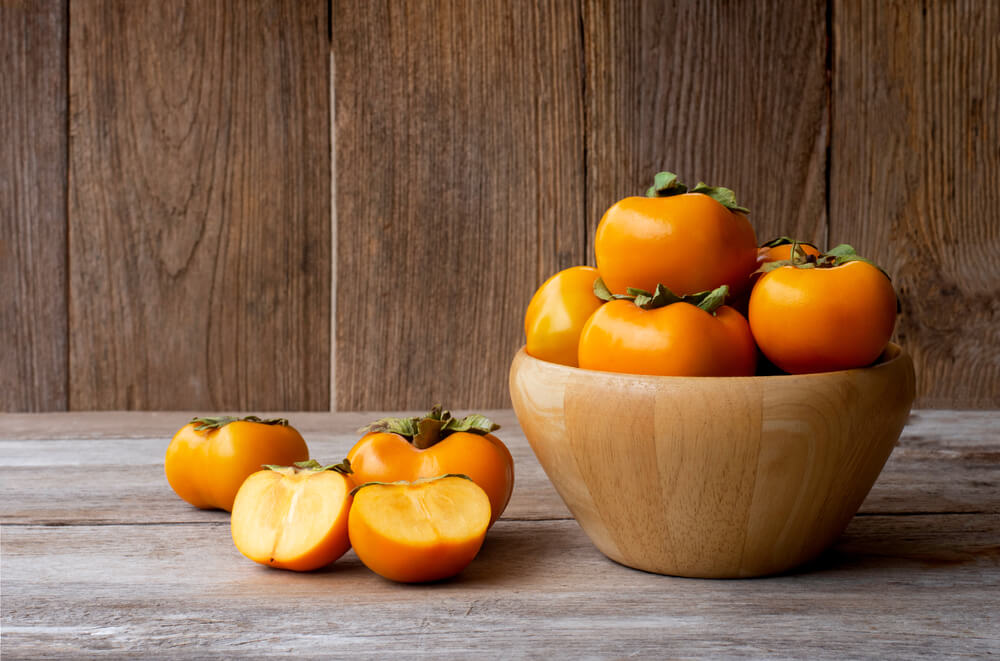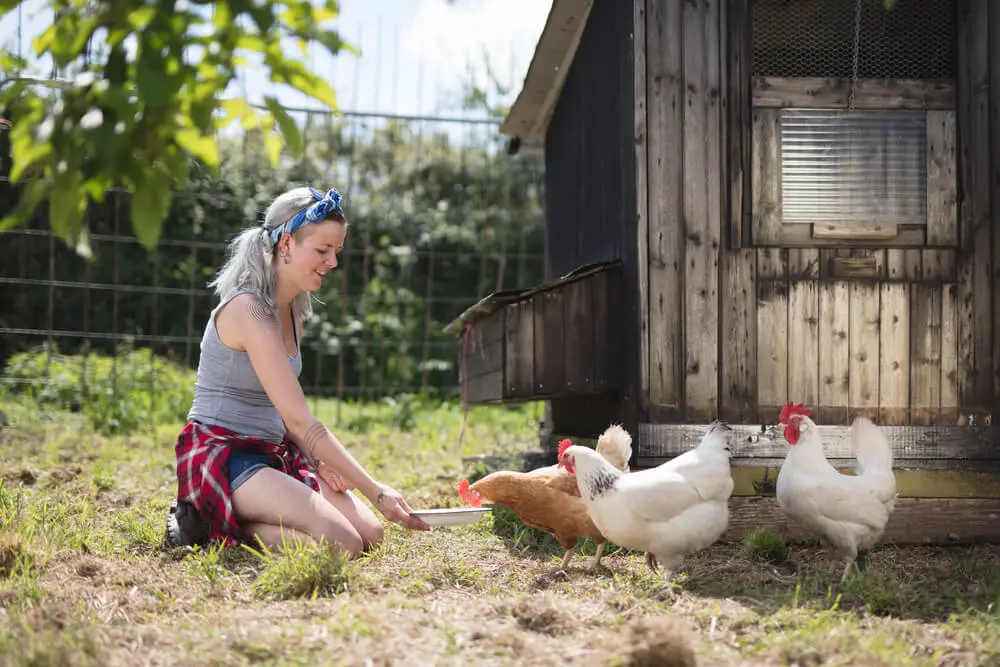Chickens are omnivorous birds that can eat a wide variety of foods, including fruits, vegetables, and grains. Persimmons are a type of fruit that is commonly found in many parts of the world, and many people may wonder if chickens can eat them safely.
In this article, we will explore whether or not chickens can eat persimmons and what the potential benefits and risks of doing so may be.
What are Persimmons?
Persimmons are a type of fruit that belongs to the Ebenaceae family. They are typically round or oval in shape and have a bright orange or red color when ripe. Persimmons are high in vitamins A and C, as well as dietary fiber and other essential nutrients. They are also low in calories, making them a healthy snack for both humans and animals.
Can Chickens Eat Persimmons?

Yes, chickens can safely eat persimmons. In fact, persimmons can be a great addition to a chicken’s diet, as they provide many nutritional benefits. Chickens that eat persimmons may experience improved digestion, stronger immune systems, and better overall health.
The Benefits of Feeding Persimmons to Chickens
Persimmons are a good source of vitamin A, which is essential for maintaining good vision and overall health in chickens. They also contain vitamin C, which helps to boost the immune system and protect against infections.
Additionally, persimmons are high in dietary fiber, which can help chickens to maintain healthy digestion.
The Risks of Feeding Persimmons to Chickens
While persimmons are generally safe for chickens to eat, there are a few potential risks to consider. Persimmons that are not ripe can be quite astringent, which can cause irritation to the mouth and throat. Additionally, chickens that eat too many persimmons may experience diarrhea or other digestive issues.
How to give Persimmon to chickens?
Giving persimmons to chickens is a simple process that can be done in a few different ways. Here are a few tips on how to give persimmons to chickens:
- Feeding Fresh Persimmons: Fresh persimmons can be given to chickens whole, or they can be cut into small pieces. It is important to ensure that the persimmons are ripe before feeding them to chickens, as unripe persimmons can be astringent and cause irritation to the mouth and throat.
- Dried Persimmons: Dried persimmons can also be given to chickens as a treat. This can be a great option for chickens that are on a restricted diet or for those who are not able to consume fresh fruits and vegetables.
- Persimmon Pulp: Persimmon pulp can also be used as a treat for chickens. It can be mixed with other fruits and vegetables or fed on its own.
- Moderation: It is important to keep in mind that persimmons should be fed in moderation as overfeeding can cause diarrhea or other digestive issues.
- Observation: Be sure to observe your chickens after giving them persimmons, if you notice any signs of illness or discomfort discontinue the feeding immediately.
By following these tips, you can safely and easily give persimmons to your chickens as a tasty and nutritious treat.
What fruits are toxic to chickens?
Chickens are omnivorous and will eat a wide variety of foods, but not all foods are safe for them to consume. In this article, we will be discussing the fruits that are toxic to chickens and should be avoided at all costs.
Fruits to Avoid Feeding Chickens
There are a few fruits that should never be fed to chickens, as they can be toxic and even deadly. These include:
Avocados
Avocados contain a substance called persin, which can be toxic to chickens and other birds. Consuming even a small amount of avocado can lead to respiratory distress, fluid accumulation in the chest, and even death.
Rhubarb
Rhubarb leaves contain high levels of oxalic acid, which is toxic to chickens. Eating just a small amount of the leaves can cause chickens to suffer from tremors, convulsions, and even death.
Apple Seeds
While apples are a great treat for chickens, the seeds should be avoided. Apple seeds contain small amounts of cyanide, which can be toxic if consumed in large quantities.
Nightshade Fruits
Nightshade fruits, such as tomatoes, peppers, and eggplants, should also be avoided. These fruits contain solanine, a toxic alkaloid that can cause chickens to suffer from tremors, convulsions, and even death.
Safe Fruits for Chickens
Just because there are certain fruits that are toxic to chickens, it doesn’t mean that they can’t enjoy a variety of fruits as part of their diet. Some safe options include:
Berries
Berries such as strawberries, raspberries, and blueberries are a great treat for chickens. Not only are they safe to eat, but they are also high in vitamins and antioxidants.
Melons
Watermelon, cantaloupe, and honeydew melons are all safe for chickens to eat. They are a great source of hydration and are a tasty treat for chickens in the hot summer months.
Citrus Fruits
Citrus fruits such as oranges, lemons, and limes are also safe for chickens to eat. These fruits are high in vitamin C and can help to boost the immune system.
Conclusion
In conclusion, chickens can safely eat persimmons, and doing so can provide many nutritional benefits. However, it is important to ensure that the persimmons are ripe and to feed them in moderation to avoid any potential digestive issues. With proper care and attention, chickens can thrive on a diet that includes persimmons and other healthy fruits and vegetables.

Shannon Stansberry has been engaged in the business of raising chickens for more than 12 years. In 2016, she accomplished the Agriculture & Natural Resources program at Mt. San Antonio College. At present, she tends to more than 80 chickens on her 4-hectare farm. Shannon regularly shares her insights and experience on how to raise healthy and contented chickens on the platform Typesofchickens.com
